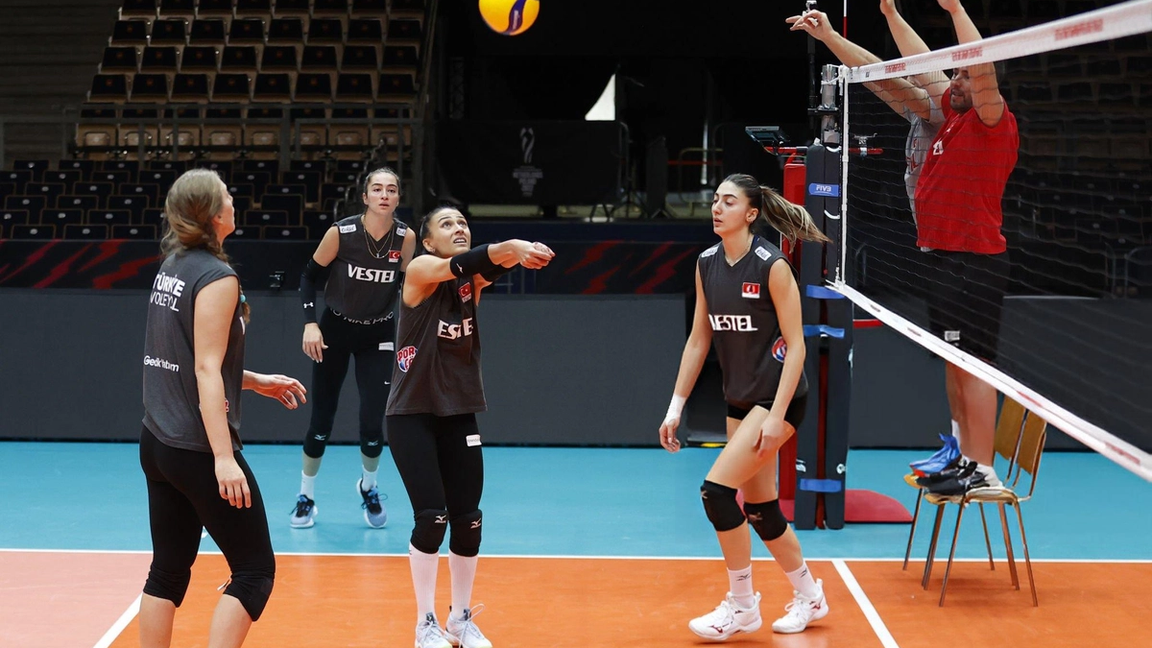
How to Play as Well in Games as You Do in Practice

Matt Nikishin
•
6th August, 2025
Introduction: Why Your Game Day Doesn’t Match Practice Day
You’re sharp, focused, and consistent in practice—but come game time, things unravel. Suddenly, the confidence fades, nerves take over, and your execution breaks down. It’s frustrating because your skills haven’t vanished—they’re just locked behind performance pressure.
The truth is, most volleyball players don’t underperform due to lack of ability. They freeze because their brains respond differently when the stakes feel real. If you want to play as well in games as you do in practice, you need more than reps—you need tools that rewire how you handle stress.
This guide will show you exactly how to do that—from pressure training and visualization to rituals and recovery. Let’s bridge the gap between practice performance and game-day excellence.
Why We Perform Better in Practice
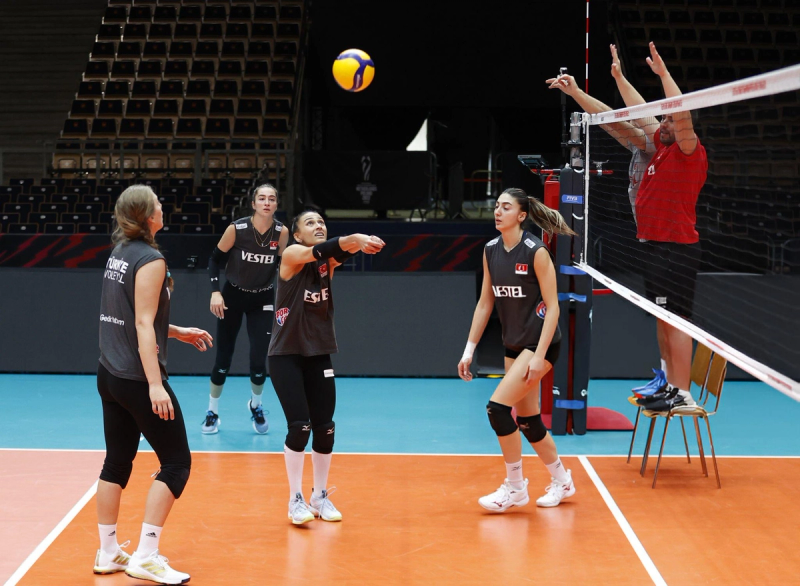
A Safe Space for Skill Execution
In practice, you’re relaxed. There’s no scoreboard, no crowd, and no reputation on the line. You’re simply focused on improvement, not outcome. That environment creates clarity, which allows for smoother execution.
When pressure is low, the nervous system stays calm. You move without hesitation and respond instinctively. That’s why you often feel “in the zone” during training—but struggle to recreate that feeling in games.
How Low-Stress Enhances Flow
Flow state happens when you're fully immersed and unbothered by outcome. Practice encourages this because there's little fear of failure. Ironically, that’s when you perform your best—when mistakes aren’t feared, and performance feels natural.
The Psychology of “Practice Mode” vs. “Performance Mode”
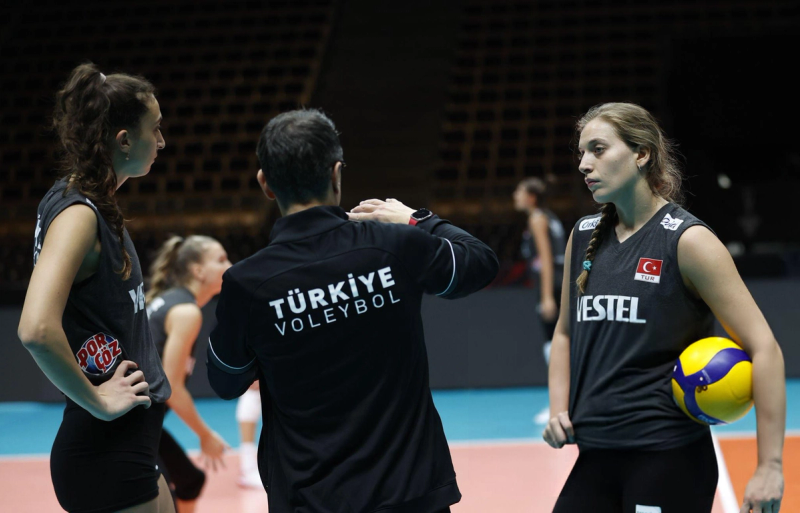
Mistake Tolerance vs. Perfectionism
In practice mode, your brain is exploratory. You allow yourself to experiment and fail. But performance mode can shift focus from growth to “don’t mess up.” This flips your nervous system from relaxed to hyper-vigilant, and your body tenses up.
How Pressure Warps Instincts
Pressure makes you overanalyze. You second-guess plays you normally execute without thought. That delay slows reactions, weakens performance, and breaks rhythm. Your instinct doesn’t disappear—it just gets drowned out by anxiety.
How Pressure Disrupts Your Game
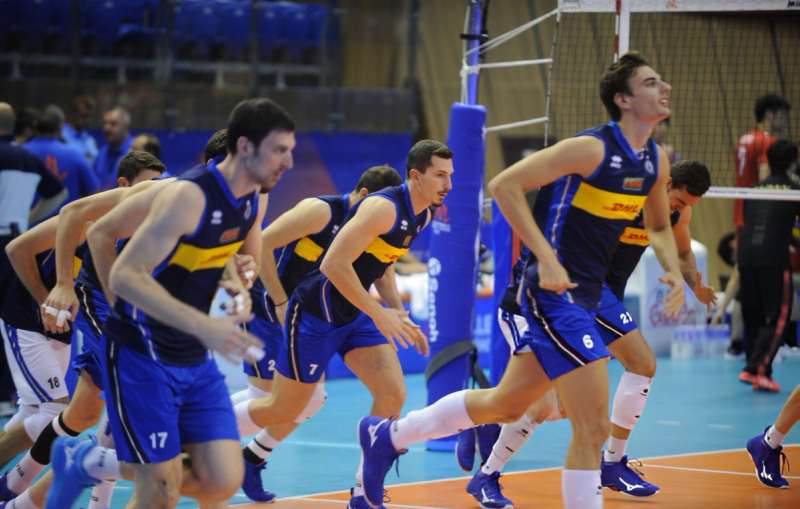
Stress Hijacks Your Focus
Under pressure, your brain releases cortisol—a stress hormone that narrows your focus and increases reactivity. This can cause tunnel vision, poor decision-making, and an overwhelming urge to play “not to lose.”
The Inner Spiral
When mistakes happen in games, players often spiral. One bad pass turns into hesitation. Hesitation turns into silence. The team suffers—and it’s not because of skill. It’s because your mind left the moment.
Why You Might Underperform on Game Day
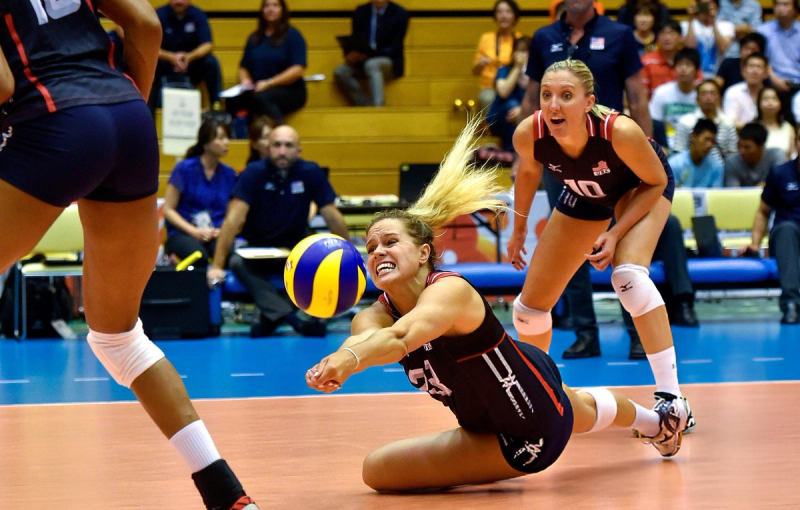
Fear of Judgment
Fear of letting coaches, teammates, or parents down creates self-consciousness. You start playing for approval instead of impact. That pressure pulls you out of flow and into performance anxiety.
Constant Comparison
Watching opponents and mentally ranking yourself can create insecurity. That comparison hijacks your attention and makes you reactive instead of proactive.
Training Under Pressure: The Secret Weapon
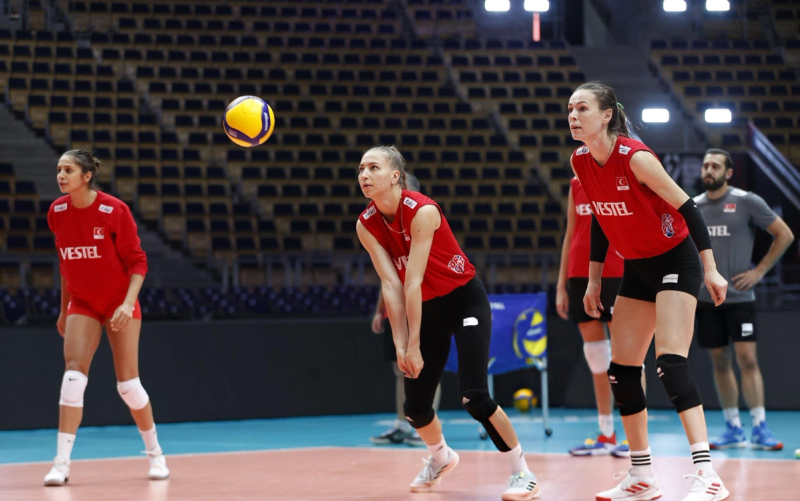
Add Stress to Practice—Deliberately
Want to feel more confident in games? Practice like it's a game. Add:
- Time constraints to drills
- Scorekeeping with winners and losers
- Repetitions under fatigue (simulate match exhaustion)
- Consequences for mistakes (restart, sprint, rotate out)
This teaches your brain to stay clear and calm under pressure—not just during casual reps.
Pre-Game Routines That Anchor You
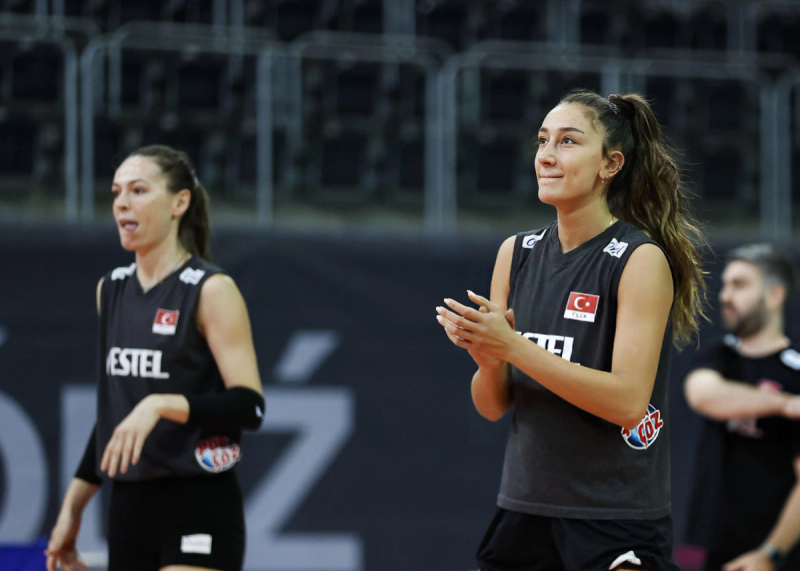
Rituals Create Mental Stability
A consistent warm-up, familiar soundtrack, and simple pre-game habits signal to your brain: “I’ve done this before. I’m ready.” Rituals reduce chaos by giving your body and mind something stable to return to.
- Use a breathing routine (box breathing, 4-7-8 method)
- Listen to energizing or calming music
- Repeat a personal mantra
- Walk the court and visualize success
Use Visualization and Breathwork to Stay Calm
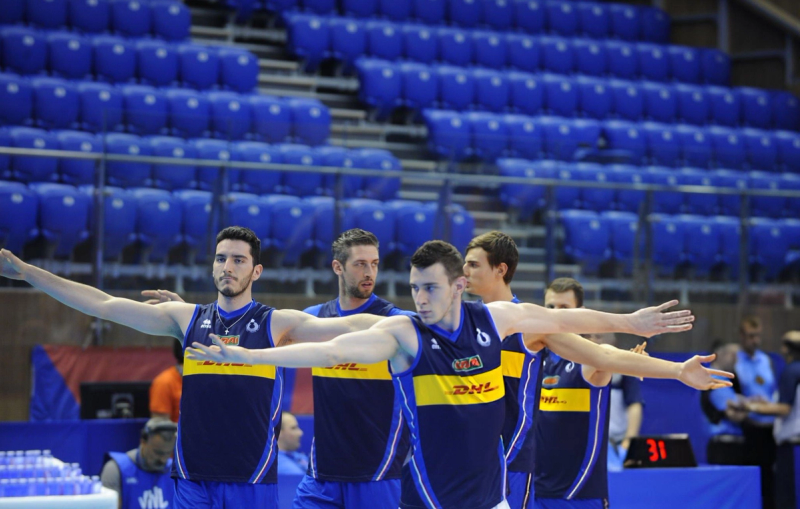
Rehearse Success
Visualization is mental rehearsal. Picture yourself handling high-pressure scenarios confidently—serving match point, making a perfect pass, or celebrating a win. This preps your mind for action.
Breathe to Reset
Try this quick reset between points:
- Inhale 4 seconds
- Hold 4 seconds
- Exhale 4 seconds
- Hold 4 seconds
Do it twice. It calms your nervous system and clears your mental clutter.
Conclusion: You’re Ready—Now Let Your Mind Know It
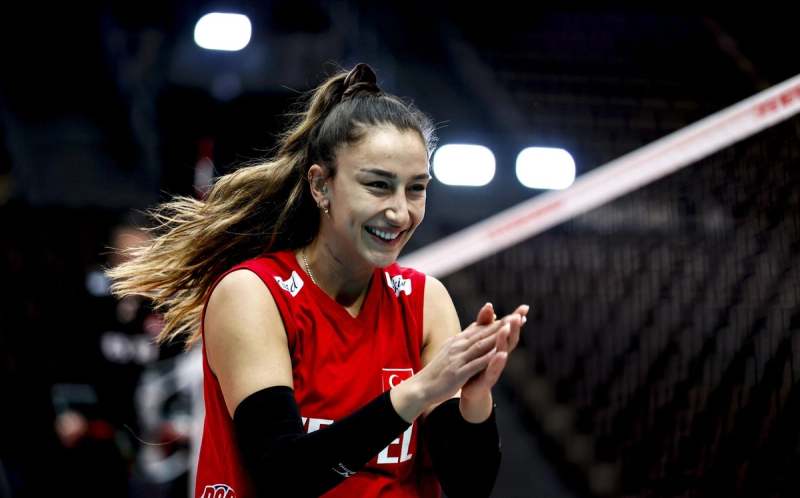
You don’t need to become a new athlete—you need to unlock the one you already are. Practice performance isn’t fake—it’s just missing pressure training and mental tools.
Train your mind with the same care you give your body. Add controlled pressure, refine your rituals, and build mental resilience day by day. Then, when game day arrives, you’ll stop hoping to “get in the zone”—and start living there.
To enhance your understanding of the mental strategies used by top athletes, consider watching the insightful TEDx talk titled "Sport Psychology - Inside the Mind of Champion Athletes" by Martin Hagger. This video delves into the psychological techniques that elite athletes employ to maintain focus, manage pressure, and achieve peak performance. By exploring these mental frameworks, you can gain valuable insights into how to apply similar strategies to your own game day preparations, bridging the gap between practice and performance.
It’s hard to get better if you don’t know what’s wrong. With Rewind, you get real feedback from a coach who watches your game and tells you what to fix. Check out tryrewind.co to try it. Click the image below to explore.
